Note: This post may contain affiliate links which means if you click on a link and purchase an item, we will receive an affiliate commission at no extra cost to you.
This is the latest interview in a series featuring digital nomads talking about their lives and lessons (click here if you want to be interviewed). The goal is to help demystify the process of making money online, wandering the world, and living an unconventional life!
Fajar Siddiq is a serial entrepreneur who’s figured out exactly how and where he prefers to be a digital nomad. We love Fajar’s knowledge and insights about how to become a successful remote entrepreneur.
Please tell us your story, Fajar!
Table of Contents
Introduce yourself! 🙂 Who are you? What do you do for work? And what is your nomadic story?
Short Intro:
Hello! I’m Fajar Siddiq, a Serial Entrepreneur + Indie-Maker + Influencer + Producer + Professional Yo-Yo Player + Digital Nomad + Designer & Developer.
Currently 2020-2021:
I’m currently building content, communities, micro startups, feedback, and reviews. Due to the pandemic, I’m back living in Singapore now. My last trip was to India in March 2020. It was my birthday, March 14th. Three days later, the pandemic lockdown was announced. I manage to get home safely, and now I work remotely in Singapore from public places such as cafes, libraries, and clubhouses. I spent time reading books, swimming 10 laps in the pool, and cycling from my home to these places. I love working from home, too, and I make unboxing videos on YouTube and make video conferences with other founders and makers online to help them give feedback and reviews in the community.
How I got into being independent + maker journey:
I’ve been independent and into the do-it-yourself culture since I was 19 in 2005 back in the https://myspace.com days who have passion for the music/art community. My goal is to meet like-minded people online. I love to create anything from businesses online to physical products. In 2010 I started to use Twitter and followed a few design/tech companies.
Later on, start-up culture started trending on https://hackernews.com in 2011. I love to read the discussions, and in 2017, I began to use https://producthunt.com to see product launches by makers.
In 2018 I joined https://getmakerlog.com alongside Maker’s Kitchen https://makerskitchen.club/. Then to other communities like https://indiehackers.com and other indie-maker related communities like Makerlog https://getmakerlog.com and WIP https://wip.co. From there, I found Digital Nomad Communities like https://nomadlist.com where I update my travels.
How I began to travel and became a Digital Nomad:
I usually travel every two weeks or monthly around Southeast Asia — places like Malaysia and Indonesia. I work from my laptop and find cheap places where there is wifi to connect to the internet. My first solo trip when I was 14 years old. I traveled to Kuala Lumpur, Malaysia for a yo-yo contest when I was sponsored by a yo-yo company Duncan Toys – https://yo-yo.com. At age 17, most of my trips were sponsored. I traveled to the Philippines and Thailand for yo-yo shows.
After completing my national service for two years, I was 19 and began traveling more to perform yo-yo shows and participate in contests. I started my clothing brand selling physical product merchandise at dementclothing.com, and I started a graphic design company euphoryadesign.com that turned into a design agency — offering services that help startups with branding and marketing.
Please tell us the detailed story of how you started your business.
Euphoria! That’s the best feeling I want to feel. Something like pleasure, excitement, and intense feelings of well-being and happiness. So I named my business “Euphorya” with the letter “y” replacing the letter “i” because the letter y represents “you.” I want to create happiness for others. Digital can’t replace the human-touch.
I started from DIY, do-it-yourself. I bought a laptop, learned how to silkscreen and print T-shirts, learned graphic design on Microsoft paint, sold T-shirts at $25 each, and created animated gifs embed in HTML that I sold for $10 over at myspace.com community for music band and independent artist back. That was back in 2005 when I was 19 years old.
Later on, I went on to build a clothing startup that took two months. I sold that merchandise in Indonesia and Malaysia. It lasted for six months, and then I pivoted to a design agency.
Later on, I became a self-taught designer and developer, learning tutorials online from YouTube and reading articles/forums. I registered my business and built a WordPress website, e-commerce store for clients, and created tons of graphic designs for Singapore startups.
I used to have an office that I closed down because I prefer working remotely, meeting people, and enjoying the lifestyle I want. Back then, I didn’t have a team. I only hired people for project-basis contractors. Later on, I worked with a small community that turned into volunteers doing pro-bono work, and then some of them became part of my team. Some left because they wanted to get higher pay and continue studying as students.
I have many products and services under one company from various work like designing, production, merchandise, and software solutions. I earn money using bank transfers, Paynow in Singapore, and Stripe for online international payment. It helps me to grow my business quickly and get customers easily.
I use social media to showcase my work as a portfolio to get customers and clients. I love staying bootstrapped and independent. Planning business for the long-term is essential from culture, lifestyle, skillset, and business model.
Since launching, what has been most effective to acquire/retain customers and scale your business?
Since launching, I haven’t been worried about sales. If you are competent enough with creativity and technicality, you can build products/services quickly. My concern is always hiring the right people for my team or project to build a business that scales. With more talented and skillful people, you can create a high-performing product team. It makes a profitable and scalable business, and you can quickly build an audience and customer base. The best way to grow your business is also to use https://stripe.com.
What digital tools do you use for your work/business?
I use Figma, Photoshop, Illustrator, Final Cut Pro X, Kap, Rotato, VS code, Github, Netlify, Vercel, Gatsbyjs, Nextjs, Stackoverflow, Whereby, Zoom, Google Meet, Gsuite, Telegram, Slack, Dato, and a whole bunch of Google Chrome and VS code extensions.
What inspired you to start nomading? And how has nomading changed your perspective on life?
It feels lonely at first but later on when I travel more, I get to explore more things like culture, food, places and meet new people in real life. I get to understand different countries’ legal systems, learn foreign languages and the lifestyles of others.
Sometimes, it is difficult to work with my laptop because of the environment, as I’m not used to noises and people around me looking at my laptop screen while doing work. When I see more people in cafes working from the laptop, I slowly get used to it and feel more confident doing my work in a public place.
I enjoy nomading because I can work anywhere and anytime. Nomading also changed my perspective in life so that I can live in other countries. I get to shape my mindset better with purpose, vision, values and create sustainable systems in the rapidly changing world.
What advice would you give to someone who’s thinking about nomading?
You must experience work/life balance first. Work for a company full time, so you have money in the bank for any expenses. Then learn about nutritional facts and healthy lifestyles so you will be healthy. Have good habits and manage your finances well.
- Do research online about the country you want to visit. Then have wifi access, cheap places to live in, safe places and also find places. You can go to https://nomadlist.com made by my maker friend Pieter Levels.
- My best advice for meeting people — get to know them online and what they do. Make sure they have Twitter, a personal website, and are surrounded by other founders/makers. Here is a list of people I know from Twitter online, and then I met them in real life. Find something in common, take photos, laugh together and talk about common things like freelancing, work, web development, designing etc. IRL “in real life”
- – My collection of IRL videos: https://fajarsiddiq.com/travel
- – IRL from Brazil: https://twitter.com/fajarsiddiqFS/status/1117134043978461184
- – IRL from Indonesia: https://twitter.com/fajarsiddiqFS/status/1195348502202613761
– IRL from Poland: https://twitter.com/fajarsiddiqFS/status/1201047059903598592
– IRL from Sweden: https://twitter.com/fajarsiddiqFS/status/1203446506209955840
– IRL from Romania: https://twitter.com/fajarsiddiqFS/status/1141383342270451712
– IRL from India: https://twitter.com/fajarsiddiqFS/status/1192313995815866368
– IRL from Netherlands: https://twitter.com/fajarsiddiqFS/status/1122972228801269761
- Those who have doubts, fears or anxieties, make online friends and then have video calls. You also can join community groups like remote work or makers communities who also travel. You can get to know someone by a recommendation/refer-a-friend. So you won’t be so lonely when you meet someone in some places when you travel.
- Also, you can have a friend tag along to travel with you. If you are still afraid, travel to nearby countries in your continent. I’m Asian, and I’m familiar with Southeast Asian culture, so I travel to nearby countries like Malaysia, Indonesia, Brunei, the Philippines, and Thailand. If you travel to different parts of the world with other races or religions, find a local mutual friend to guide you along and show you the best cheap food to eat and the best place to work and stay.
- You want to be surrounded by like-minded people or friendly people. Once you get used to the surroundings, you slowly want to explore more places and meet people with different cultures, races, and religions. If you are not familiar, you can always ask or do research online. If something is of uncommon interest, you can always try to learn. Also, have emergency contact when traveling and travel insurance. Find a safe place. Keep your belongings safe like using an RFID wallet and carry less valuable clothes and things in your backpack or luggage. Keep your money in the borderless bank. Less cash in your wallet is better. Bring a portable battery with a USB cable for your phone and always have an E/2g/3g/4g/LTE network on your phone so you can WhatsApp or telegram your family or emergency if anything happens. Other than that, stay up to date with local news on TV or websites.
- Best to pick places nearby from your country. As for me, I’m from Singapore, and my neighboring country is Malaysia and Indonesia. So I chose Malaysia to nomad because of good food and cheap places to stay. I like Bali, Indonesia, too. Some of the areas are nice, with beaches, coworking spaces, and good food. That is enough for me. The traveling budget is ok but is more for backpackers and usually lasts for 1-2 weeks only based on your money you have, but if you want to be a Digital Nomad, make sure you have a business, freelancing, or any remote work. Most people make their side-projects or micro startups turn into profitable side income. So with more money, you can stay longer, up to 4 weeks, you go to another country to visa run for a few days and then come back to the country you’re currently staying in. Due to covid-19, you can extend your stay, but you’ll need to contact your country’s embassy. Nomads usually fail because of finance, and they start begging around for money which is a big problem. You need digital skills like designing or coding. At least you can build anything online and monetize it so you can pay rent for the place you stay and buy food or groceries.
- Try to be as minimal and straightforward as possible when you want to be a Digital Nomad. Pack your bag simply with only the things you need. Also, when you are sick, go to the doctor. For now, use the local apps for covid-19 contact tracing and wear a mask. Follow the local law when you travel. Be surrounded by coworking nomads in your area where you live. This way, if anything happens, you have someone to talk to, share your problems with if you get stuck. Also, you can use these two tools for personal finance budgeting and business: https://lunchmoney.app/ and https://www.youneedabudget.com/ or use an excel sheet from your Google drive on Gmail.
View this post on Instagram
What is unique about the way you travel and what advice do you have for someone that wants to travel with a similar style?
I live in the rural areas of Palawan in the Philippines at Kampung. Working remotely using only solar power and a low E/2G network on mobile. Travel by boat to places as a digital nomad. My traveling journey also led me to live on an island and create a diversity project for the inter-faith community.
There are many traveling styles: business travel, solo travel, travel with friends, family travel, travel with a group, luxury travel, and adventure travel.
I prefer traveling alone most of the time because I like to carry light, go fast and at my own pace, work remotely in public places with wifi, attend events, meet local people, and find a safe place. I have experience traveling with family, and it is more of a 1-week holiday. I have traveled with friends and mostly stayed with shopping and sightseeing types. I’ve also done business travel, and it is very tiring. I’m not too fond of it because it feels like work, and I don’t sleep well because of the quick turnaround time. I don’t enjoy it, but it provides me more money and exposure.
I like adventure travel too, but once I’m exhausted, I need to rest, and it takes a while to recover from traveling.
I do two weeks and one month of traveling. These are my traveling patterns and I have a base to go back home and stay at a hotel mainly when I’m traveling.
If you’re a woman, person of color, and/or LGBTQ, what should other people who identify similarly (and who haven’t traveled much) know about traveling/nomading?
Just travel and experience from day to weeks. As time goes on, you will get confidence and comfort while traveling. When traveling, focus on finding a safe place, accessible transportation, wifi, and have a place for eating and easy access with a good internet connection.
What are the 2-3 favorite places where you’ve lived/traveled to and why?
- Kuala Lumpur, Malaysia
- Bali, Indonesia
- Hyderabad, India
I love traveling to Kuala Lumpur, Malaysia because of the delicious halal food. My race is Malay, and my religion is Islam. I’m from Singapore. It is easy for me to find mosques and small prayer rooms to pray anywhere and everywhere. It’s easy to communicate with others who speak Bahasa Melayu, it’s affordably priced, and I love to explore the culture and go sightseeing in Kuala Lumpur. I love traveling by bus because the route from my hometown to cross-border customs checkpoints to bus interchange is connected, safe, air-conditioned, and affordable, and saves time.
I love traveling to Bali, Indonesia because of nature, motorbike, food, massage spa, and I can also speak Bahasa Indonesia easily with the locals. There is also halal food everywhere, mosque/prayer room to pray, and also I love working in cafes, taking photos/videos of nature.
I love Hyderabad, India because of its friendly people, coworking space, delicious food on the street, and restaurants. It’s very cheap, and I love meeting people sharing about software engineering and building startups. I love to be surrounded by people who are kind, compassionate, and respectful to others. Also, there are mosques everywhere, so it’s easy for me to pray, find halal food, and I love meeting people to talk about product making.
View this post on Instagram
For someone interested in becoming an entrepreneur in your field, what’s the best advice that you would give? And what books, podcasts, thought leaders or other learning resources do you recommend?
My advice is to buy an M1 apple MacBook pro. (Save up money)
Buy one domain for your personal site on namecheap.com or porkbun.com.
Build 1-2 projects in 1 year only without funding, but with digital skills, you acquired like designing or coding. Write as many ideas as possible in a one-line pitch on your notes and then come back later to see which is much more relevant where you can solve a problem for others that you can create solutions that help others make more money. Save more money and save more time. You can build a tool, develop info-products or productize services around it.
Use G Suite or create Gmail (free) + use https://forwardemail.net/ for [email protected]
Use telegram so customers can chat with you in text discussion. Use Twitter so you can see and follow like-minded people. Join online communities that give your support and engagement for knowledge-sharing.
Buy books that help you to create better productivity: Atomic Habits – https://jamesclear.com/. You will be reading tons of articles online by bloggers, writers and authors, so you might need a Kindle if you can afford one. If not, just go to the public library and spend at least 1-2hours a week. Soon you will know what book interests you. For podcasts, you can go to Y-Combinator Podcast & Indiehackers Podcast because you will still need to make time for those livestream audio chats on clubhouse, twitter spaces and telegram voice chat with the group or communities you are in.
If you had debt/student loans when you started nomading, how did you handle or think about this and what advice would you give to other people with a similar situation?
If you have debt, try to set a notification reminder to pay monthly at a minimum. Bit by bit, you will settle it off. If not, set it to pay every three months. Don’t let it burden you while traveling. You don’t want to be thinking about debt while traveling and sorting it out. You will be constantly worried about it, and it will spoil your mood quickly.
What is one of your favorite travel stories/experiences?
My favorite story is where I met people from Twitter, from the indie hackers community. I get to know them by replying to simple chats, talking about products and meeting in real life, and sharing the same digital-nomad lifestyle.
Also, I met people on Twitter and traveled to places I had never been to before. That was a new experience for me, traveling to a country where I didn’t understand their language at all. But speaking in English and using apps like Uber for transportation and food delivery when I’m hungry helped me a lot.
What scale is your business at today and what are your future goals?
Revenues, Stories, Metrics, and Analytics to be shared publicly in an open and dedicated page on your website. Writing articles, creating content on social media for traffic and building “people-first” communities around it. Also to be more “privacy, creator, digital and sustainable-first.” Building in public is essential, so below are the four things that kept me going.
Open: https://fajarsiddiq.com/open
Analytics: https://fajarsiddiq.com/stats
Log: https://fajarsiddiq.com/makerlog
Uptime: https://fajarsiddiq.com/status
Tell us about your experiences as an Indie maker and as a member of the indie maker community!
Productize Yourself Model: “Fajar As A Service – FAAS”
– For your branding and marketing, using Figma and Stripe https://fajarsiddiq.com/work
– Promo launches videos using fcpx, YouTube, Stripe https://fajarsiddiq.com/launch
– Influencer as a community advocate (feedback & reviews) via email/social media/communities
– Tipping using buymeacoffee.com + stripe.com + cashnotify.com https://fajarsiddiq.com/tip
– 1-hour consultation & 10 mins coffee chat using superpeer https://fajarsiddiq.com/superpeer
If you only had a few minutes to live, what are the most important life lessons that you would share with the world?
Love your parents, family, and neighbors. Help the poor and needy. Give support to other entrepreneurs, founders and makers by sharing your advice, tips or feedback. Respect others’ religion, beliefs and cultural background. Follow the law and create a better community & society around us. Eat healthy food, exercise weekly, and sleep well. Donate to Patreon or tip others in monetary form when they help you or give people food or swag. Don’t be toxic, self-centered, bossy, play the victim, spread negativity or criticize others. Help others when they face mental health issues or chronic disease. Save the earth, fix the climate by being eco-friendly first.
All these life lessons have impacted me because I experienced it. I lost my late mom, late date and late bro. I also went through some trials and tribulations in business and people. Other than that, since increasing CO2 emissions and Covid-19 in the world, many lives have been affected.
What’s the best purchase you’ve made under $100 in the last 12 months?
- Cruip Templates: http://cruip.com/
- Laptop Backpack: https://www.youtube.com/watch?v=u876Qc-T1q8
- Zero To Sold Book by Arvid Kahl: https://www.youtube.com/watch?v=MFKuL_sa-uI
What’s your favorite book and why?
I love reading religious books like the Quran and Authentic Hadith at https://quran.com and https://sunnah.com It helps me spiritually and improves my life in this world and hereafter in line with the correct teachings of the Prophet Muhammad, peace be upon him. Also featured on “The greatest The 100: A Ranking of the Most Influential Persons in History” by a book 1978 book by Michael H. Hart.
Currently my other favorite book is Atomic Habits by https://jamesclear.com/
It helps me in many ways! 😉
What small change has made a big difference in your life?
Intermittent Fasting helps me 100% – I started fasting from 8pm-1pm.
Sharing from my experience, I’ve been through stress and anxiety that affects my mental health, leading to type-2 diabetes (chronic disease) and reversing everything back! It was a challenging journey for my health and it affected my work and my life. For more, you can read my article: Health is wealth!
View this post on Instagram
Tell us about a deep passion of yours! What has your journey been like and what advice/resources would you recommend for someone interested in learning more about this topic?
Since I was young, I was ambitious. My dream is to become an artist and scientist. I wrote an entire article on my blog, “Past, Present & Future: How designing impacted my life.” Thirty years later, I became more of a creative person as a graphic designer turned to product designer and also learned computer science in a unique way by learning how to create websites.
I learned many other programming languages like HTML, CSS, javascript, react, gatsbyjs, nextjs, bootstrap, and more. I was an athlete in track and field, hockey, floorball, martial arts, and professional yo-yo performer turned judge and mentor during my younger days. I loved sports and arts during my early days in life. Sports and arts helped shape my positive mindset that helps my heart. I also have many hobbies. It brings me joy and enriches my life. It gives me something fun to do during my leisure time and allows me to learn new skills.
Now I love tech and design now that I’m grown up. I spent a lot of time in the library when I was young researching by reading and looking at books with beautiful illustrations and images of places in other countries. I’m more of a visual learner myself. I love to see beautiful things, and I can understand things by how they work by staring at them for more than 5 minutes or over and over again.
When I get more curious, I will do deep info research about it. I never really studied or did well in classes with teachers around me. I see teachers as support or guidance for my discipline, as I’m always playful, but the real teacher in life is myself. If I’m not able to teach myself, I will not understand how things work or how to build them. I love to be surrounded by peers who give 100% support to the knowledge-sharing of information. Most of the time, I use google.com to search for everything and anything I want quickly. I’ve been using google.com since 1998, and before that, I used Yahoo search.
What is your philosophy on being happy and/or finding meaning/purpose in life? And any recommended resources for people navigating this journey?
We are humans. We must help ourselves first then others around us. Do what you love, with a crystal-clear mission and vision. Know what you’re good at, be passionate and build a profession where people trust you. Get paid for what you’re good and let the world know it needs you. Many people struggle between task and time management, they have skills and create something useful, but it is not enough. You need to help people earn money, save time, or save money, and you’ll do just fine.
If you’re passionate about FIRE (Financial Independence Early Retirement), please share how this has impacted your life, what your journey has been like, and what other people should know about FIRE!
I’m not passionate about FIRE. For finance, you can save time and money by working, start a small business on the side and keep doing it for 10 years. Once you get the hang of it for the long-term, you can see more money in your bank. When you’re older and more mature, you can quit your job, go full-time on your business, and make more money. There are many other responsibilities, so prioritize which one matters to you the most.
How can people learn more about you and your work?
For more: https://fajarsiddiq.com
Twitter: https://twitter.com/fajarsiddiqfs
Instagram: https://instagram.com/fajarsiddiq
YouTube: https://youtube.com/fajarsiddiq
If you like this write up, support me for coffee! https://www.buymeacoffee.com/fajarsiddiq


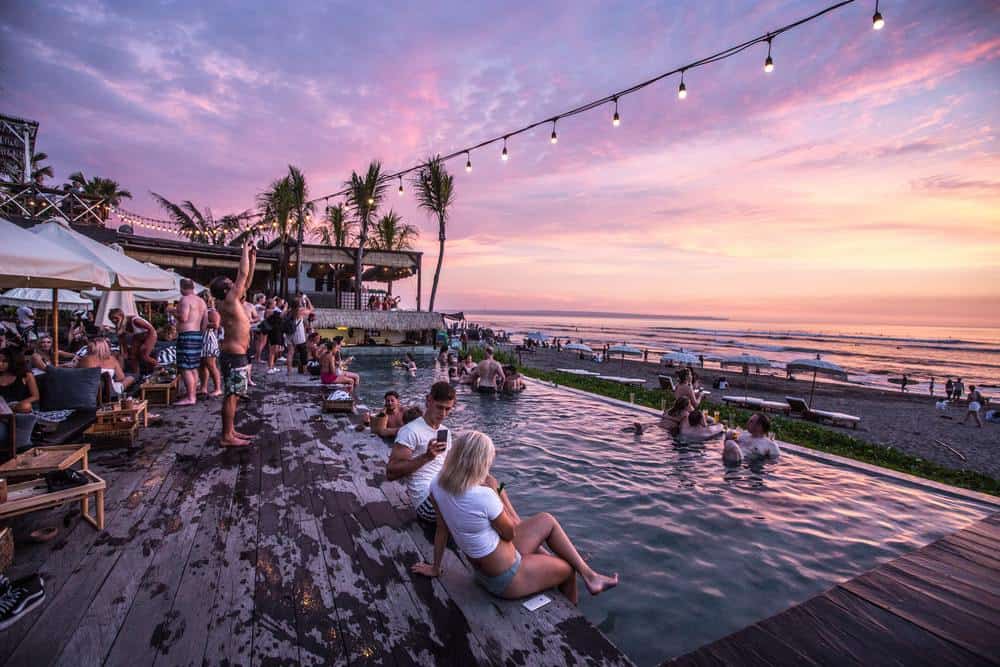
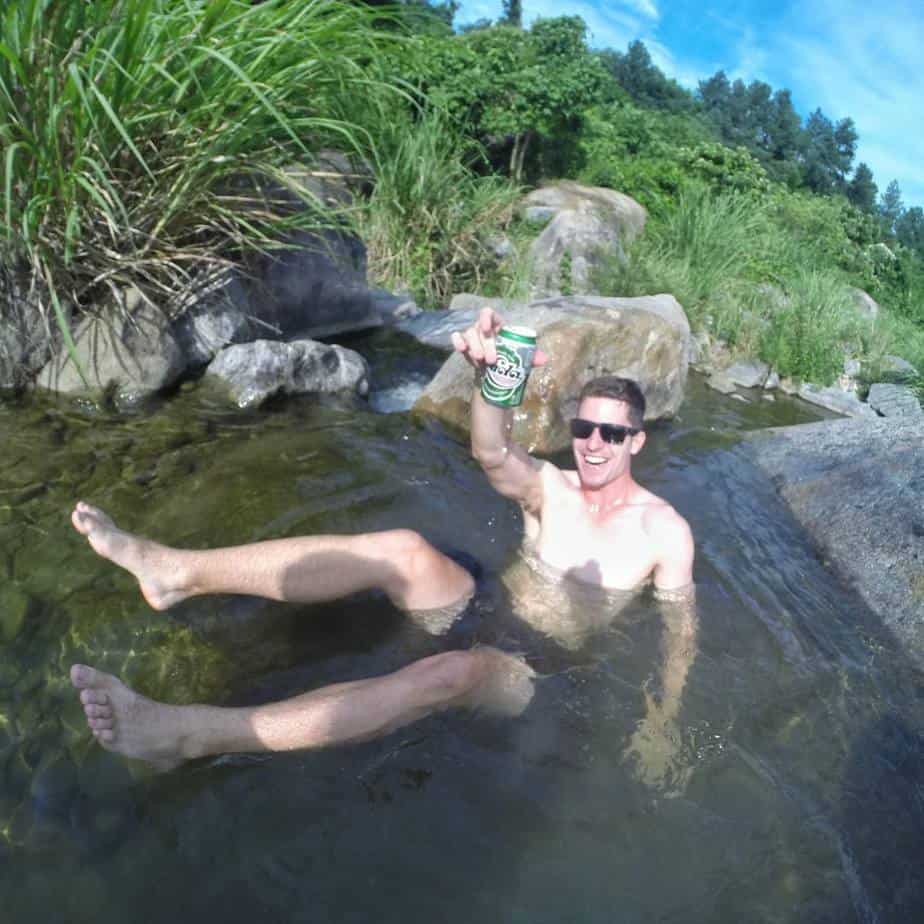
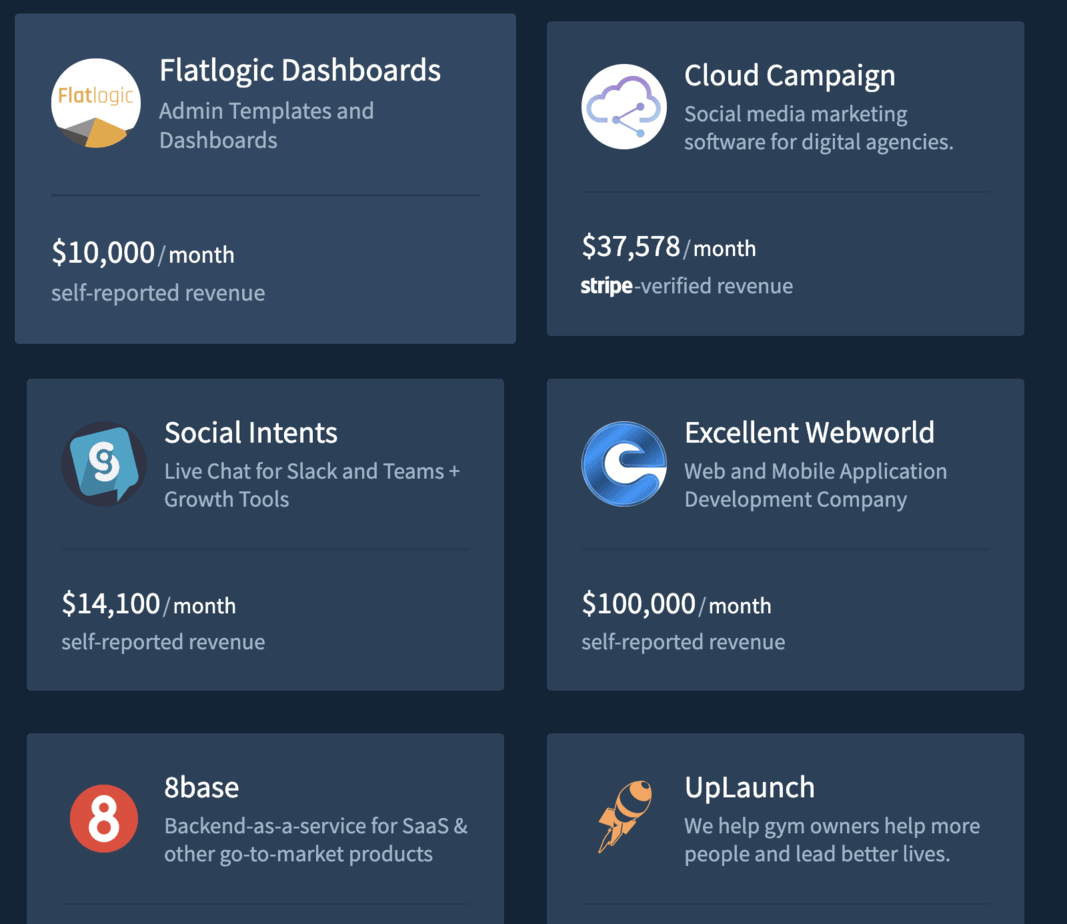
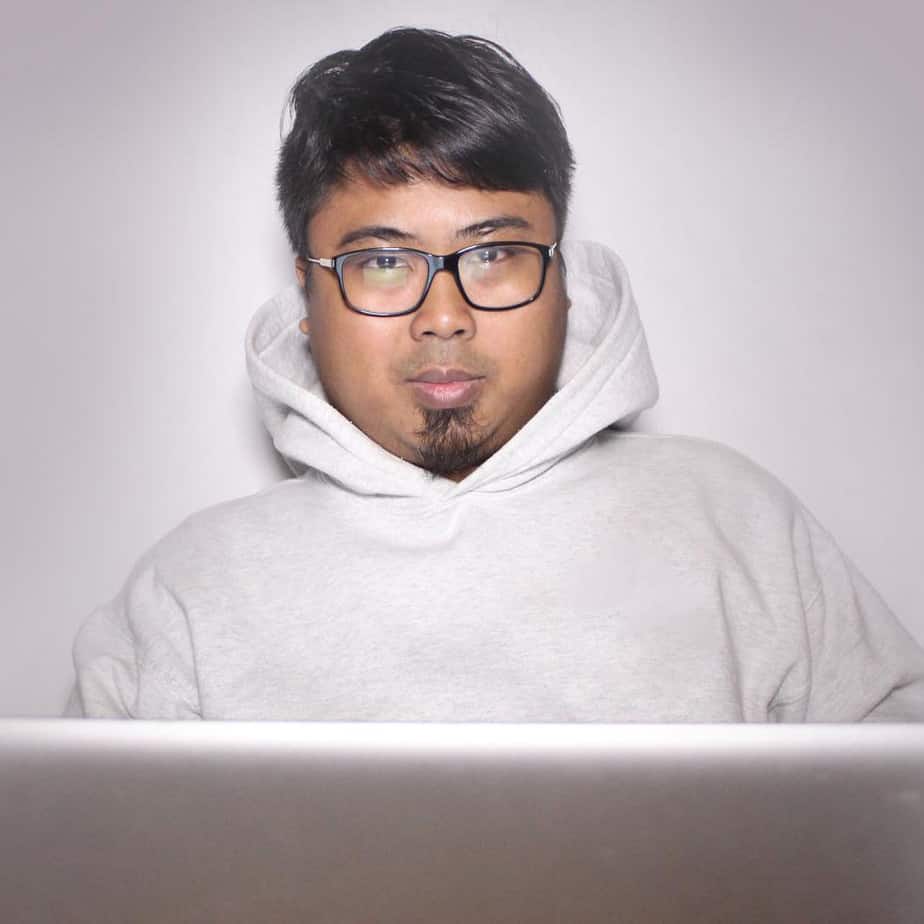
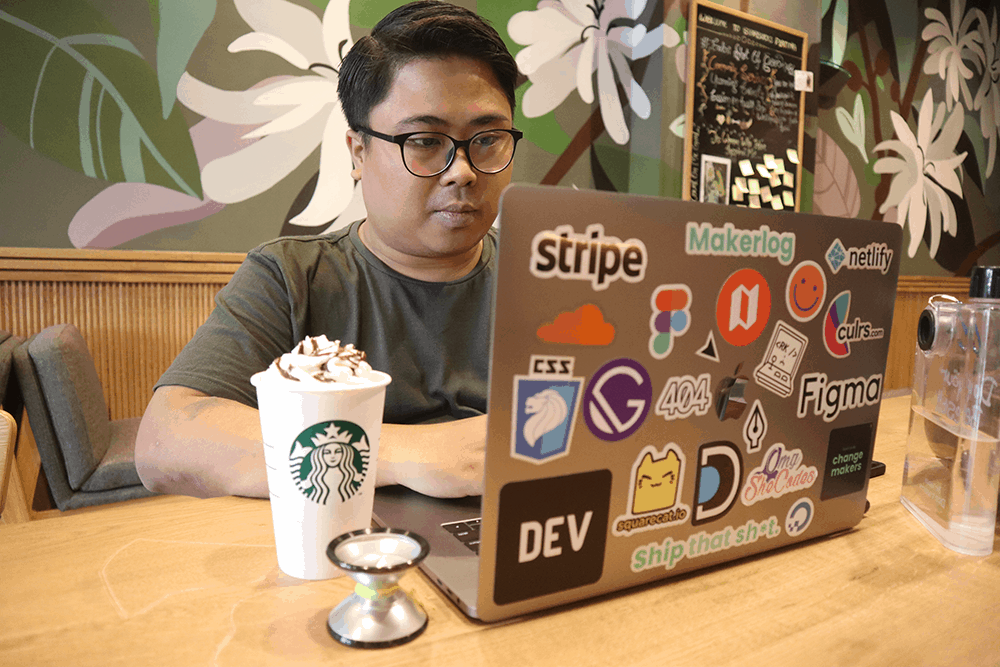
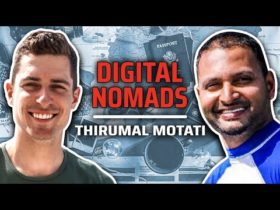
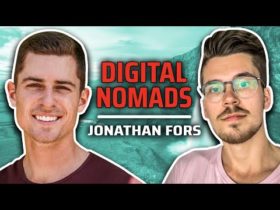
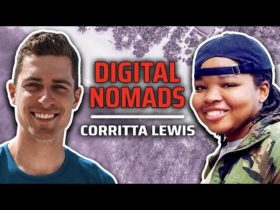
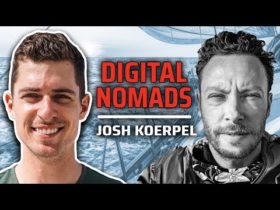
Leave a Reply
View Comments